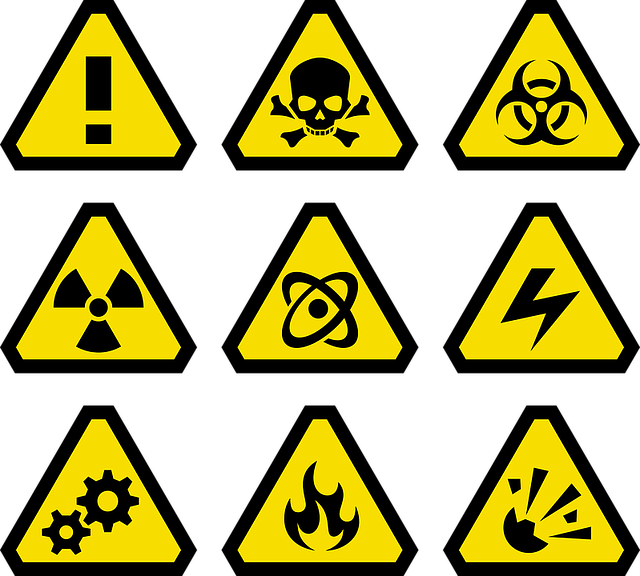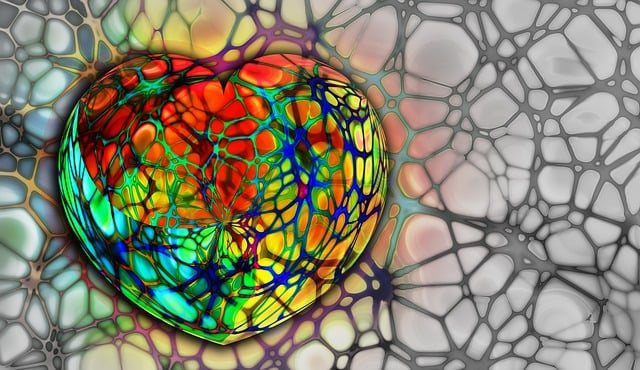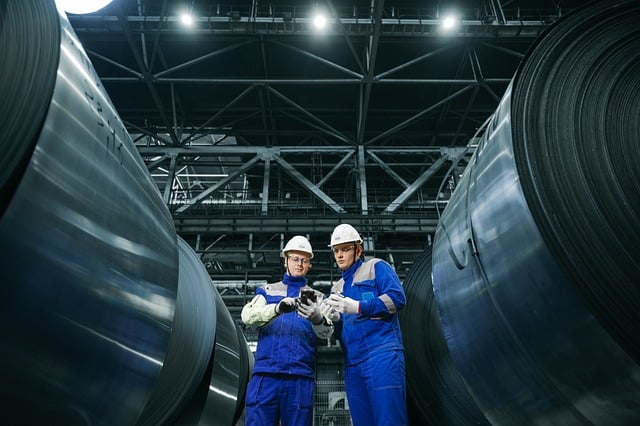Regular plumbing maintenance through routine inspections, sediment removal, and prompt fixture replacement prevents costly leaks, optimizes water pressure, and extends the lifespan of plumbing systems. By following these plumbing maintenance tips, homeowners protect against water damage, mold growth, and unexpected repairs while ensuring efficient operation and saving money in the long run.
Stay ahead of potential plumbing disasters with expert advice on keeping your home’s system in top shape. Regular plumbing maintenance is often overlooked but plays a pivotal role in preventing costly repairs and ensuring a steady supply of clean water. This comprehensive guide delves into the significance of routine checks, offering insights on leak prevention, water pressure optimization, and sediment removal—essential components of any well-maintained plumbing system. From daily inspections to annual tasks, learn practical tips for efficient maintenance and avoid common pitfalls.
- The Importance of Regular Plumbing Maintenance
- – Highlighting the benefits of consistent plumbing maintenance schedules.
- – Discussing common plumbing issues that regular inspections can prevent.
- Plumbing Maintenance Tips for Homeowners
The Importance of Regular Plumbing Maintenance
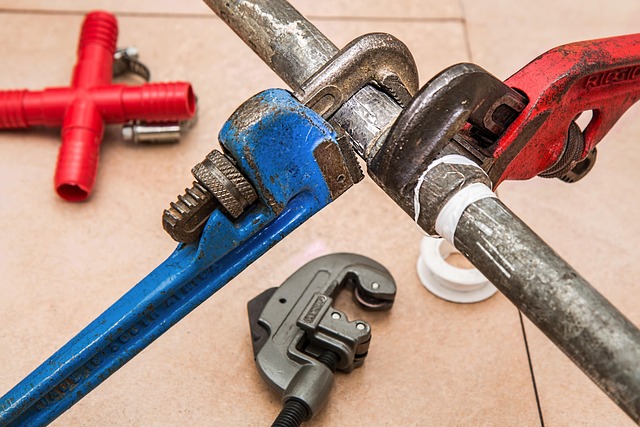
Regular plumbing maintenance is a crucial aspect often overlooked until issues arise. By implementing preventive measures and following plumbing maintenance tips, homeowners can save money in the long run by avoiding costly emergency repairs. Regular inspections, for instance, can identify potential problems early on, such as leaks that might go unnoticed for weeks or months. This proactive approach to leak prevention not only stops water waste but also keeps unexpected flooding at bay.
Moreover, regular maintenance ensures optimal water pressure, which is essential for efficient plumbing systems. Over time, sediment buildup in pipes and water heaters can decrease water pressure and even cause fixtures to malfunction. Regular cleaning and sediment removal are simple yet effective plumbing maintenance tips that can restore pressure and extend the lifespan of your plumbing fixtures. Additionally, staying on top of maintenance means you’re more likely to recognize when a fixture needs replacement, preventing leaks and ensuring smooth operation.
– Highlighting the benefits of consistent plumbing maintenance schedules.
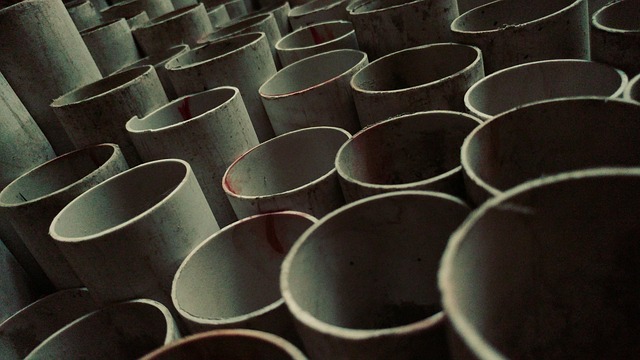
Consistent plumbing maintenance schedules are a cornerstone of any well-managed property or business. Regular inspections play a pivotal role in leak prevention, which can save homeowners and businesses from costly water damage and mold growth. By scheduling routine check-ups, you can also ensure optimal water pressure throughout your plumbing system, enhancing the overall efficiency of fixtures and appliances that rely on it.
Moreover, regular maintenance involves crucial tasks like sediment removal, which prevents buildup in pipes and water heaters, extending their lifespan and improving performance. Additionally, staying on top of plumbing maintenance allows for proactive fixture replacement, reducing the risk of sudden failures and costly emergency repairs. Implementing these plumbing maintenance tips can lead to a more reliable, durable, and cost-effective plumbing system over time.
– Discussing common plumbing issues that regular inspections can prevent.
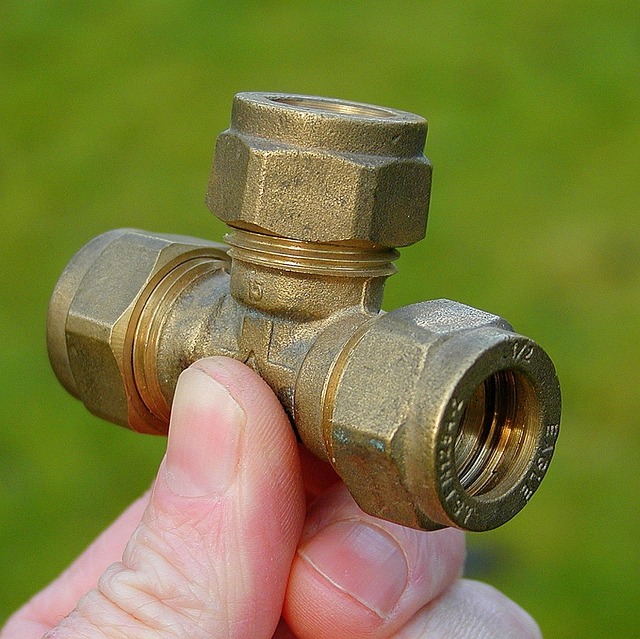
Regular plumbing maintenance is key to preventing common issues that can disrupt your home or business operations. By scheduling routine inspections, homeowners and facility managers can catch problems early, avoiding costly repairs and potential water damage. For instance, regular check-ups can help identify leaks before they turn into major crises, saving you from unexpected bills and the hassle of flood restoration.
Moreover, these visits allow for essential tasks like sediment removal, ensuring your plumbing system operates efficiently. Sediment buildup can restrict water flow and impact water pressure, leading to low-pressure issues or even clogs. Regular maintenance also includes checking and replacing outdated or damaged fixtures, which not only improves the look of your space but also reduces water wastage. This proactive approach to plumbing maintenance tips can contribute to a smoother, more sustainable, and financially prudent routine for any property.
Plumbing Maintenance Tips for Homeowners

Staying on top of plumbing maintenance is essential for homeowners to avoid costly repairs and ensure a home’s comfort. Regular inspections should be a priority, as they can catch potential issues early. Homeowners should schedule routine checks at least annually, focusing on key areas like water heaters, pipes, and fixtures. During these checks, it’s important to check for any signs of leaks, corrosion, or damage. Addressing leaks promptly is crucial for leak prevention, as even small drips over time can lead to significant water waste and higher utility bills.
Another vital aspect of plumbing maintenance tips involves managing water pressure. Optimal pressure levels ensure efficient fixture performance and prevent damage to pipes. Homeowners should periodically check water pressure gauges and install pressure-regulating valves if necessary. Additionally, sediment removal is a simple yet effective practice. Regularly cleaning out sediment buildup in water heaters and pipes can improve water flow and extend the lifespan of plumbing systems. When fixtures start to leak or become inefficient, consider fixture replacement as a long-term solution. Staying proactive with these plumbing maintenance tips will contribute to a home’s overall well-being.

